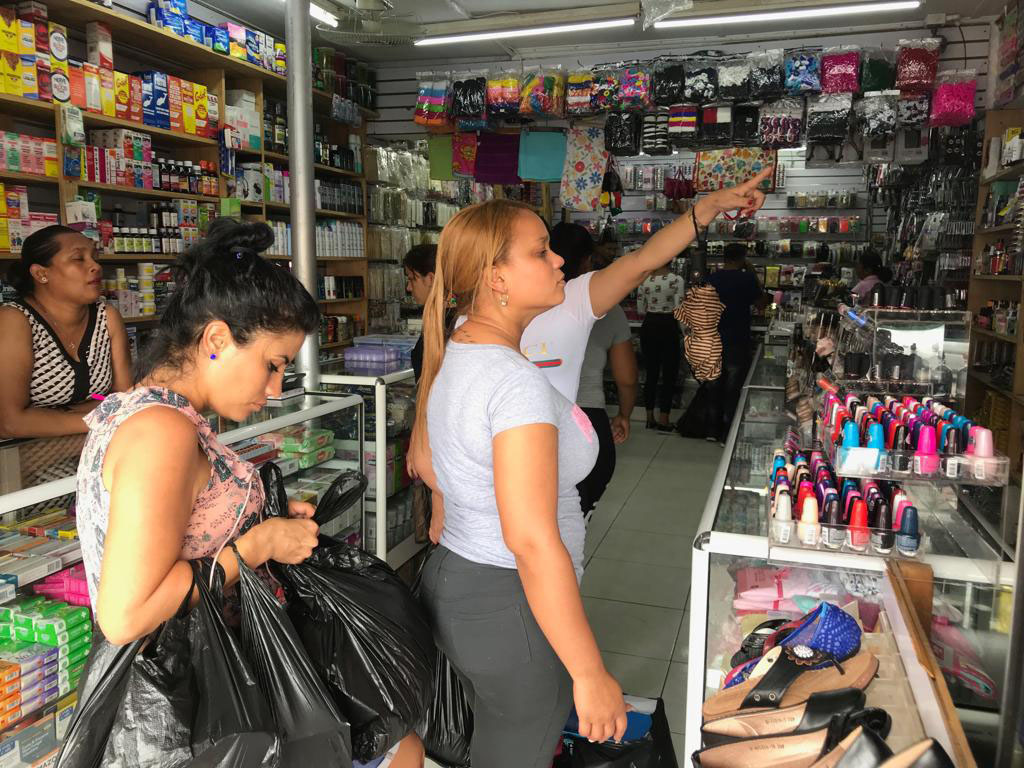The administration of Cuban president Miguel Diaz-Canel has given the ‘green light’ to Cubans owning their own businesses, a move observers say could be the first step in the direction of ushering in economic reforms designed to help respond to the unrelenting pressures which the administration faces at the hands of Washington and in more recent times, the further debilitating impact of the COVID-19 pandemic on the Cuban economy.
The move by the Diaz-Canel administration to relax a 50-odd-year-old centralized Cuban economy will be seen outside Cuba as a possible step towards an eventually far more liberalised economic system though the announcement which comes in the wake of persistent reports of shortages attended by specific strictures seemingly designed to still try to hold the country’s centralized economy together.
Laws that supposedly seek to frame the new system will, while ending the centralised state control of businesses, reportedly dictate that privately-owned businesses will be expected to be run profitably or have the ‘privilege’ of being part of what is now being seen as an emerging private sector removed.
The country’s Economy Minister Alejandro Gil is quoted in an August 15 story as saying the new laws which allow for privately run enterprises “would put state and private business on an equal footing to compete, work together and create joint companies, much as capitalist countries do.” Under the new system small businesses will have access to goods through a state system, as well as “import and export, set prices and attract foreign investment,” though several unnamed business activities will reportedly remain under the purview of the state. Small businesses will reportedly be limited to employing up to 100 persons and individuals are only allowed to own one company under what a report describes as a “decree published by the Council of State.”
Even prior to the advent of COVID-19, ordinary Cubans have proven themselves adept at operating thriving small business or ‘hustles’, many of which have involved travelling to other countries in the region, including Guyana and purchasing quantities of clothing and other consumer items for re-sale in their country. The ‘enterprise’ has been facilitated by what has been the significantly stepped up volume of flights between Havana and other countries in the hemisphere, including Guyana, which in effect means that the Cuban authorities are fully aware of these activities and have been even prepared to facilitate them.
Cubans doing business in Guyana have been able not just to surmount the language and other social barriers, but also to establish business partnerships with Guyanese businessmen which have redounded to their mutual benefit.





